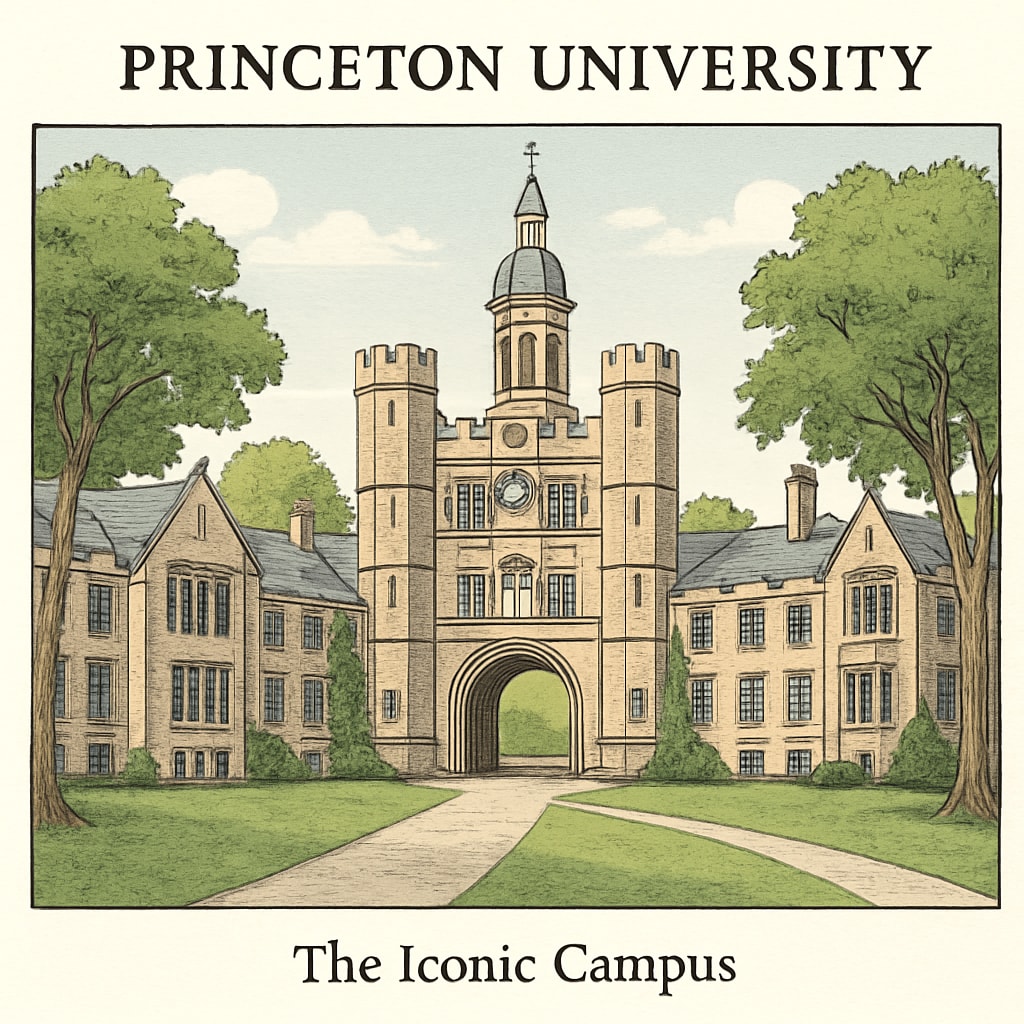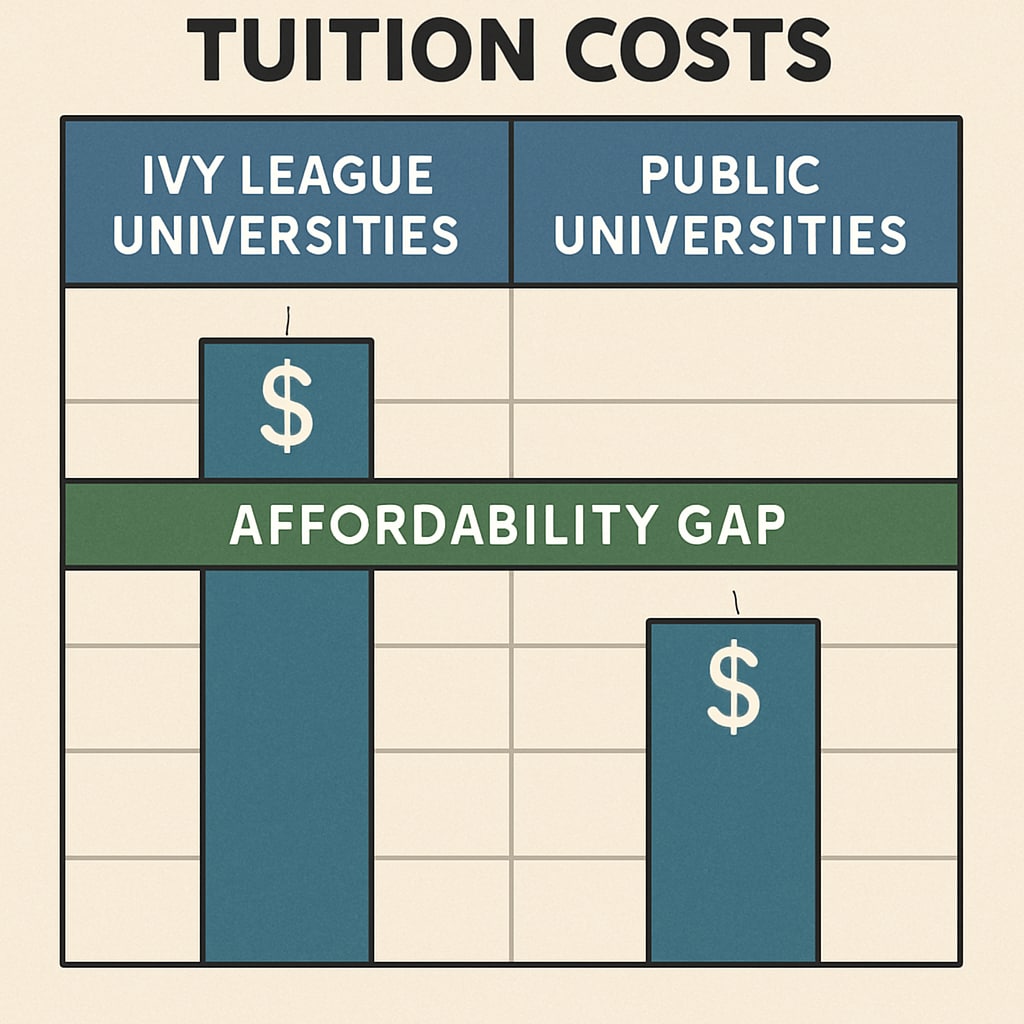For decades, the names Princeton and Ivy League have been synonymous with academic excellence, global prestige, and unparalleled opportunities. However, this article seeks to examine whether these institutions are overvalued in contemporary education. The disconnect between societal recognition and actual educational impact raises important questions about the true significance of elite education.

The Overvaluation of Ivy League Prestige
Prestige is undoubtedly a powerful motivator for students and families seeking admission to elite institutions. Ivy League universities, including Princeton, have cultivated a reputation for offering superior education, networking opportunities, and a guaranteed path to success. But how much of this is rooted in reality?
Data from numerous studies suggests that graduates from Ivy League schools may not always outperform their peers from less-renowned institutions in terms of career outcomes. For example, research conducted by Wikipedia’s Ivy League overview reveals that public university graduates often achieve comparable levels of success in certain industries. While Ivy League networks may offer initial advantages, long-term achievements are more dependent on individual effort and adaptability than institutional prestige.
Do Elite Institutions Guarantee Better Education?
The assumption that schools like Princeton provide a superior education is deeply ingrained in societal thinking. However, critics argue that the actual quality of education may not necessarily justify the high tuition costs and exclusivity associated with these institutions. According to Britannica’s Ivy League article, the curriculum and teaching methods in Ivy League schools often mirror those of other reputable universities, challenging the notion that their academic offerings are inherently extraordinary.

Moreover, the emphasis on branding and legacy admissions in Ivy League schools has raised concerns about equity and fairness in the admissions process. This further diminishes the argument that these institutions are purely meritocratic and focused on delivering the best possible education.
Rethinking the True Meaning of Elite Education
For parents and students, the allure of Ivy League schools often overshadows more practical considerations such as affordability, personal fit, and the actual opportunities offered by less prestigious schools. It is essential to challenge the notion that success is solely tied to attending a top-tier institution.
- Consider individual goals: Does the institution truly align with academic and career aspirations?
- Evaluate costs: Is the financial investment in an Ivy League education justifiable?
- Explore alternatives: Are there other schools with strong programs in the desired field of study?
As a result of such considerations, families may discover that institutions outside the Ivy League can offer comparable, if not superior, educational experiences and return on investment.
Conclusion: A Call for Educational Perspective
While Princeton and other Ivy League schools undoubtedly have their merits, it is crucial to scrutinize the degree to which their prestige shapes perceptions of educational value. The societal obsession with elite institutions can overshadow the diverse opportunities available in higher education today. By reassessing priorities and focusing on individual needs, students and parents can make more informed decisions that go beyond the Ivy League brand.
Ultimately, the true value of education lies not in the name of the institution but in the knowledge, skills, and experiences gained during the academic journey.
Readability guidance: This article maintains a clear structure with concise paragraphs and lists to enhance readability. Transition words like “however,” “moreover,” and “as a result” are used frequently to improve flow and coherence.


